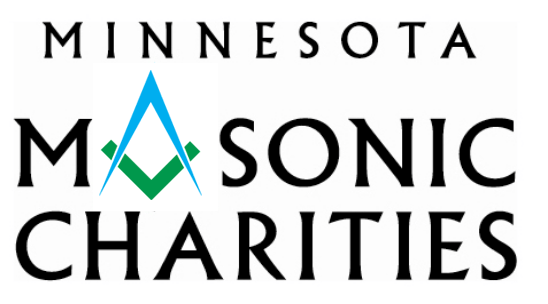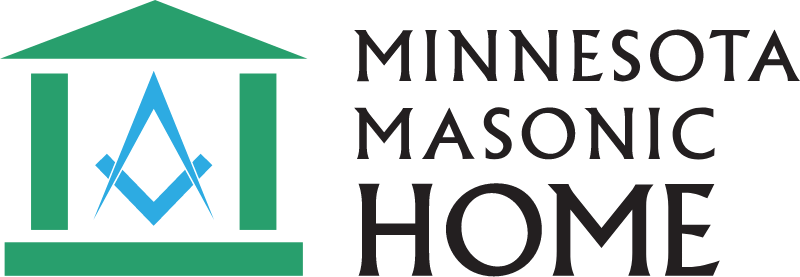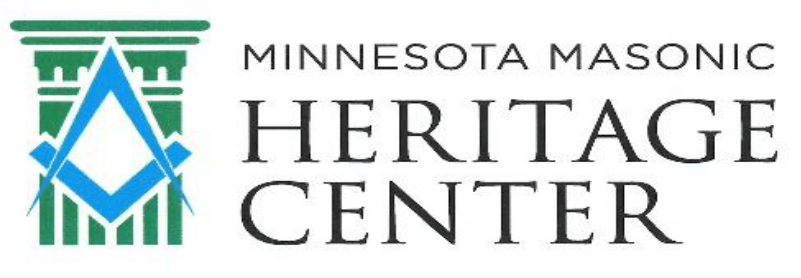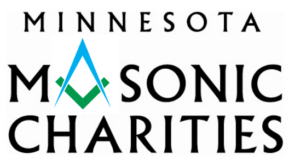Connecting with Braxton
Speech and language pathologist Nancy Johnston was excited about the upcoming graduation scheduled for clients of Minnesota Masonic Children’s Clinic for Communication Disorders.
“It’s a great opportunity to recognize the work the kids have done, and also recognize the parents,” said Nancy.
Shannon and Quentin Burg, whose son, Braxton, will graduate from the clinic in December 2020, are a great example of parents who put in the work to help their child communicate. When he first arrived two years ago, three-year-old Braxton had a hard time conducting meaningful conversations.
“His vocabulary and ability to form sentences were close to average for his age,” said Johnston, who served as Braxton’s therapist. “What he was having difficulty with was making sense of the things people say, and that his words and actions impacted other people’s responses.”
His parents noticed that Braxton struggled to connect when he turned two years old. Braxton’s father, Quentin, noted his son’s lack of eye contact, stilted speech and ability to take turns.
It was the back-and-forth conversation,” he recalled.
Braxton’s therapy sessions worked simultaneously on both his play skills and his language skills, something Minnesota Masonic Children’s Clinic does especially well.
“Our therapy is play-based,” said Johnston. “It’s important to realize that, as play skills advance, so do language skills. On Braxton’s first day, when I would try to join him in play, it was like he didn’t even know I was there. I would say things to him, but he wasn’t able to respond. We were playing with the same toy, but we weren’t playing together.”
Johnston recognized that the type of cooperative play she was asking of her young client was too complex.
“If I was going to help Braxton be a better communicator, I had to lower the level of play, thus lowering the communication load so that we could build up both skills together.”
Braxton’s progress has been gradual, but his ability to conduct give-and-take conversations has evolved as his play skills have developed. Part of his success has stemmed from his parents’ dedicated efforts to reinforce at home what they have learned in their therapy sessions.
“Both Shannon and Quentin have been very involved,” said Johnston. “It makes a big difference.”
Said Quentin, “The stuff Nancy had us do is stuff that neither of us would have thought to do. It’s more hands-on than other places.”
What’s left for talkative Braxton and his family after the graduation ceremony? Kindergarten, of course! Shannon and Quentin have enjoyed more meaningful discussions with their son than ever before. Meanwhile, their advice for other families who are considering getting help for their children with language delays:
“Don’t wait,” said Quentin. “The sooner, the better!”





